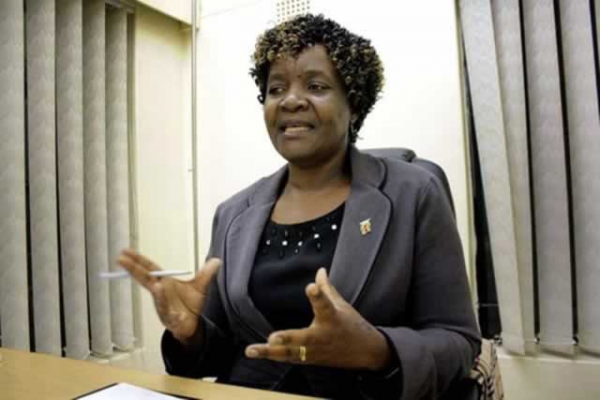
NEGOTIATIONS towards ratifying the African Continental Free Trade Area (AfCFTA) signed by African presidents in Rwanda last week have stalled as some African nations want a stricter ‘rules of origin’ requirement.
BY TATIRA ZWINOIRA
In Rwanda, 44 countries including signed the agreement while 11 countries have not signed.
Rules of origin is a stipulation in the AfCFTA that states that in order for African nations to be able to trade freely at duty free, 35% of a product has to be manufactured in the African country intending to export the product.
Speaking at a breakfast meeting hosted by the Confederation of Zimbabwe Industries yesterday in Harare, African Union trade advisor, Brian Mureverwi said South Africa and Egypt wanted stricter rules of origin and had not signed the AfCFTA.
“Rules of origin are a stumbling block. South Africa and Egypt want strict rules of origin,” he said.
Basically, if the threshold is increased, import-dependent countries like Zimbabwe would lose out as that would mean most of the products would have to be locally manufactured in order to be duty free if traded within Africa.
While this would force the country to increase production, at the current state of local industry it is nowhere near having capacity to manufacture locally for a large part of the goods traded in the continent.
- Chamisa under fire over US$120K donation
- Mavhunga puts DeMbare into Chibuku quarterfinals
- Pension funds bet on Cabora Bassa oilfields
- Councils defy govt fire tender directive
Keep Reading
Industry, Commerce and Enterprise Development ministry permanent secretary, Abigail Shonhiwa said that certain countries wanted to increase the 35% threshold.
“The lower the threshold, the easier it is and the higher the threshold the harder it is. If you now set the threshold at 50% where 50%, of the product has to originate from the country that exports, then it sets a higher threshold and it is usually much more difficult to reach a higher threshold than a lower threshold if you see what I mean,” she said.
Since signing the AfCFTA, Zimbabwe like other countries that signed the agreement in Rwanda, has to negotiate on outstanding issues that are deemed troublesome.
By signing the AfCFTA, the government is committed to the agreement pending negotiations on some outstanding issues included in the agreement.
Once these issues are agreed upon they are added to the AfCFTA and presented to Parliament to be ratified into law.
“The agreement has got some annexes, for example, the rules of origin the technical people still have to go and finalise that then, that will become part of the agreement. When it now goes for ratification it will be the agreement plus the annexes,” Shonhiwa said.
Zimbabwe’s main area of contention of the AfCFTA is to have a tariff liberalisation reduced to 85% from the current 90% to allow for the import protection of certain goods in the country.
Negotiations are expected to be completed sometime this year, which is expected to then be presented to Parliament for adoption.











